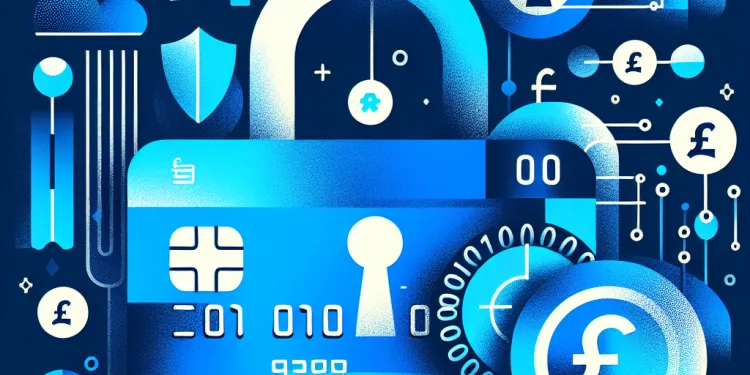
Find Help
More Items From Ergsy search
-
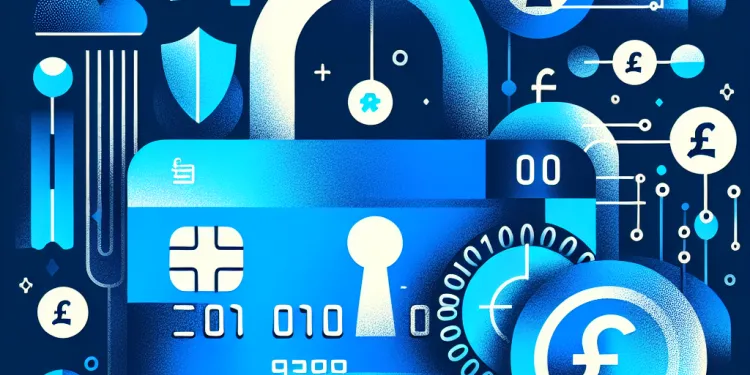
What is identity theft?
Relevance: 100%
-

What is identity theft and how does it affect the elderly?
Relevance: 83%
-
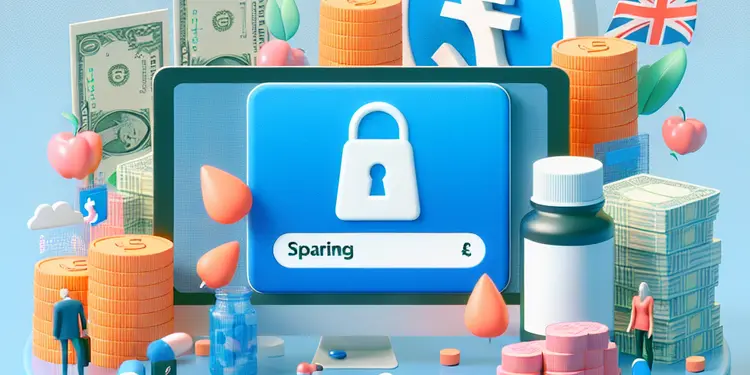
Is there a risk of identity theft with fake weight loss drug purchases?
Relevance: 79%
-

What is theft?
Relevance: 57%
-
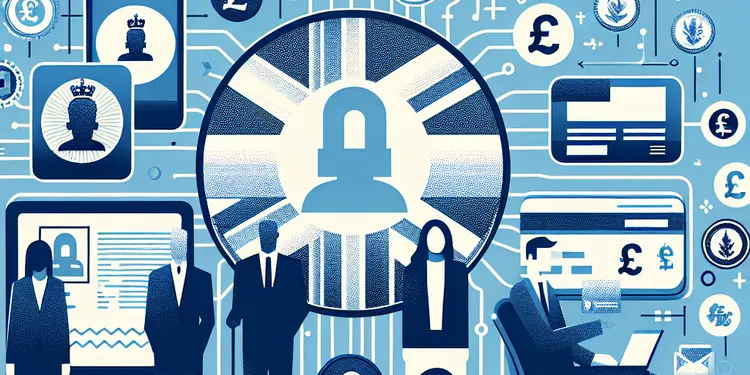
How do I verify my identity when filing online?
Relevance: 47%
-
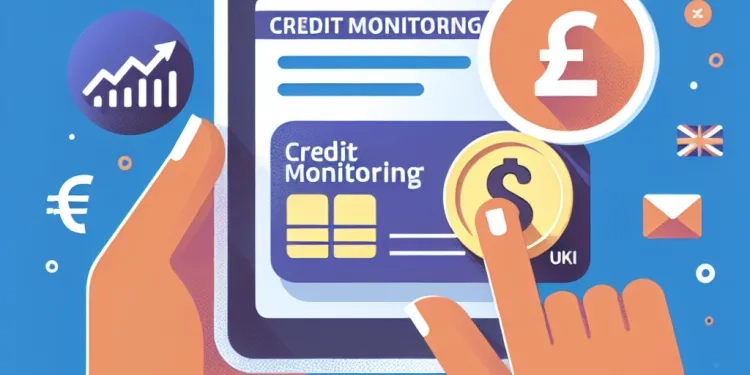
What is credit monitoring?
Relevance: 35%
-
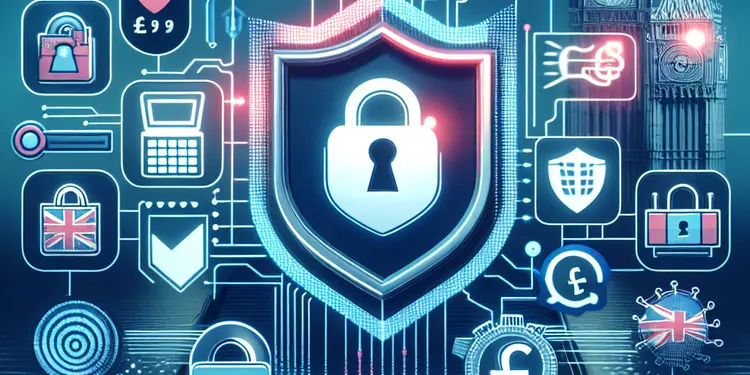
Why is it important to secure my mobile phone?
Relevance: 30%
-
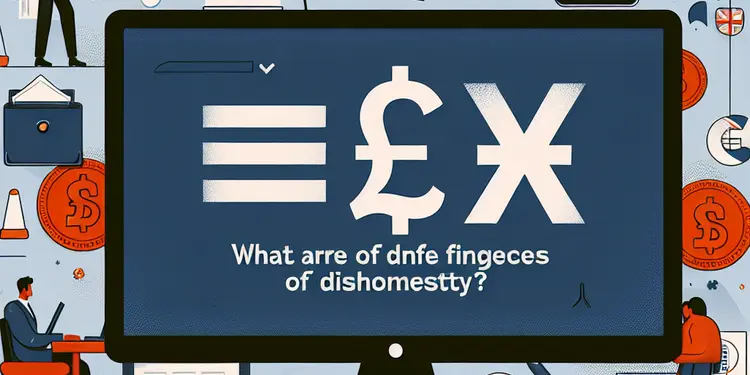
What are offences of dishonesty?
Relevance: 29%
-
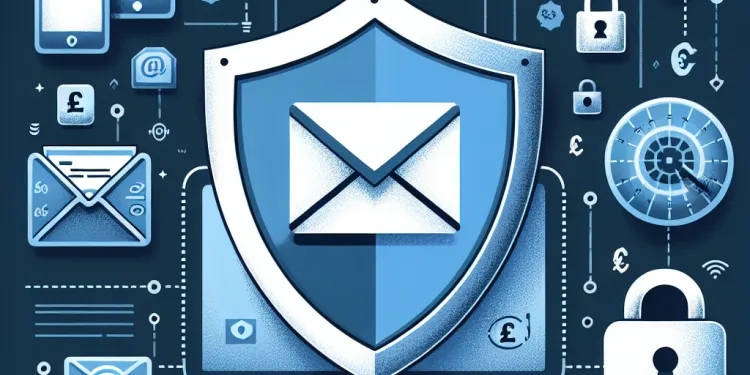
What is the risk of my contacts being compromised if my email is hacked?
Relevance: 28%
-
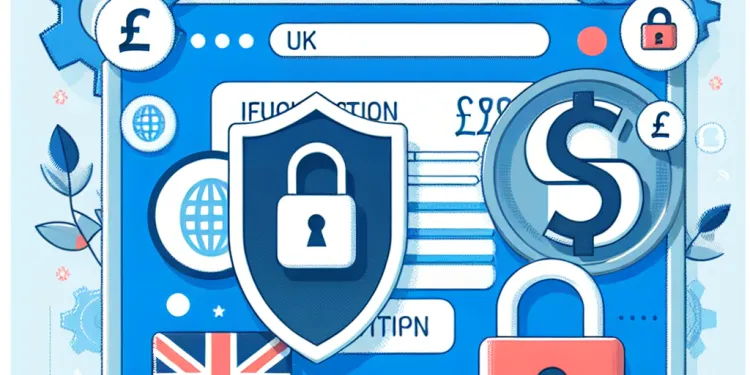
What should I do if I find my information in a data breach?
Relevance: 27%
-
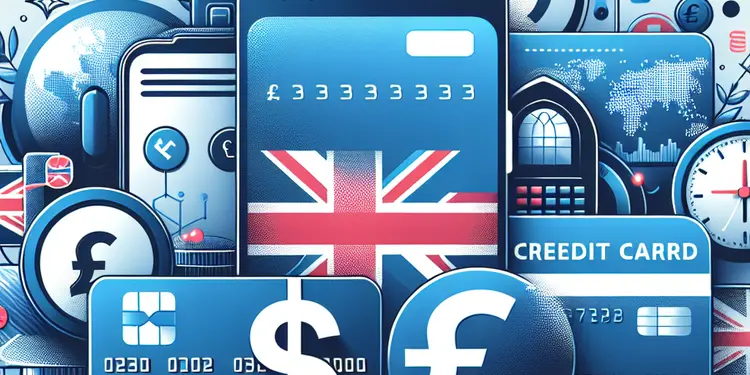
What is credit card fraud?
Relevance: 24%
-
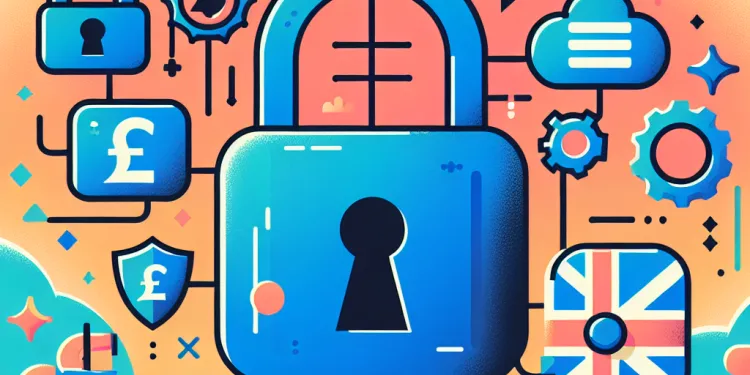
How do I know if my personal information was part of a data breach?
Relevance: 23%
-
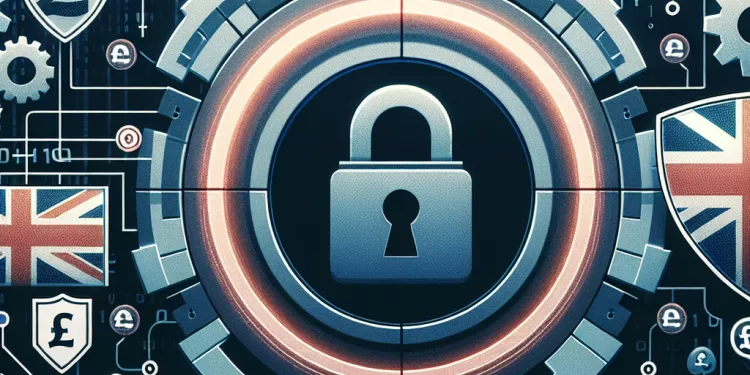
How can I educate myself about potential online threats?
Relevance: 22%
-
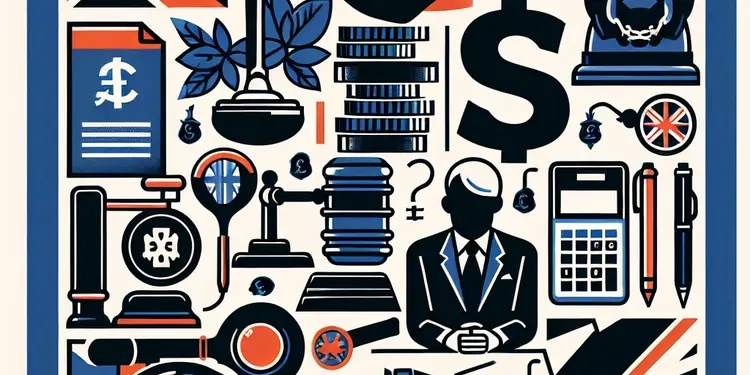
What are offences of dishonesty?
Relevance: 22%
-
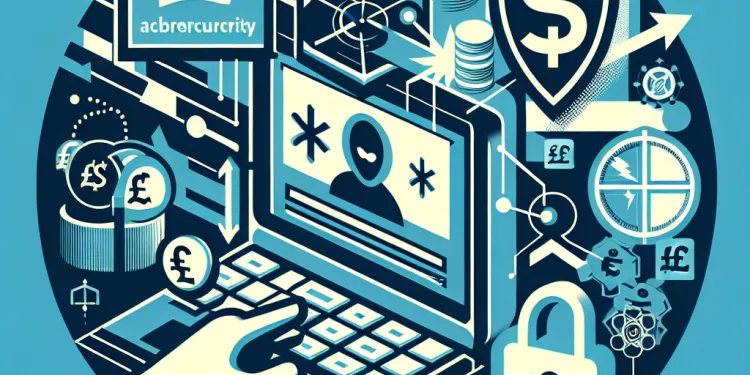
What are the risks of ignoring a hacked account?
Relevance: 21%
-

What happens if my Ring Doorbell Camera is stolen?
Relevance: 21%
-
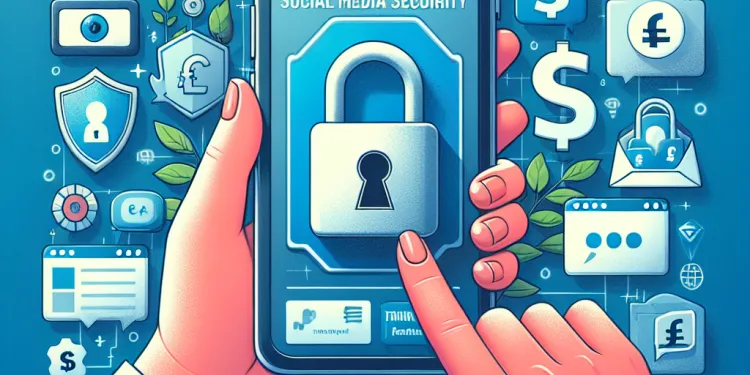
Is it possible for hackers to use my social media posts to cause harm?
Relevance: 21%
-
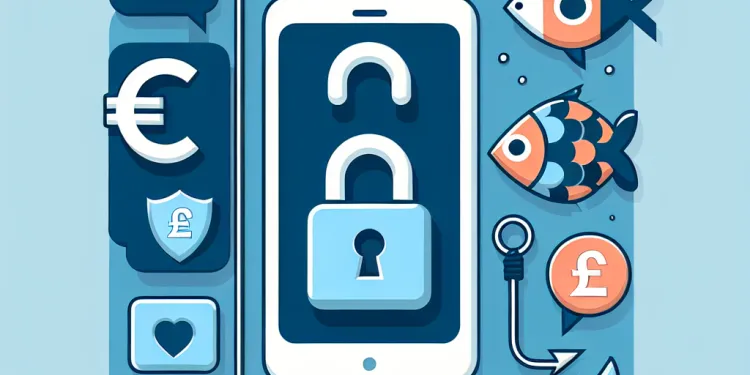
How can phishing attacks lead to social media hacks?
Relevance: 20%
-
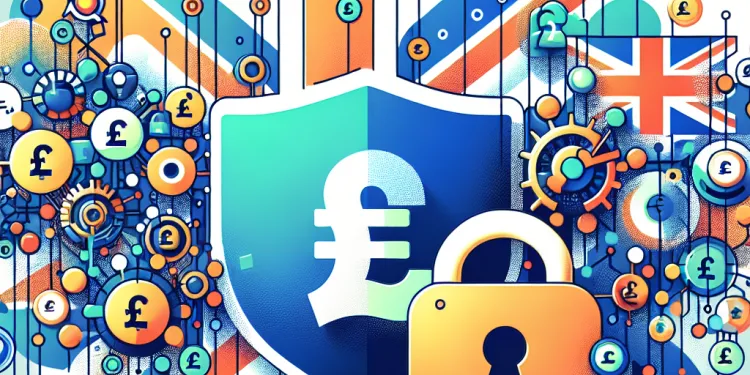
What type of information can be exposed in a data breach?
Relevance: 20%
-
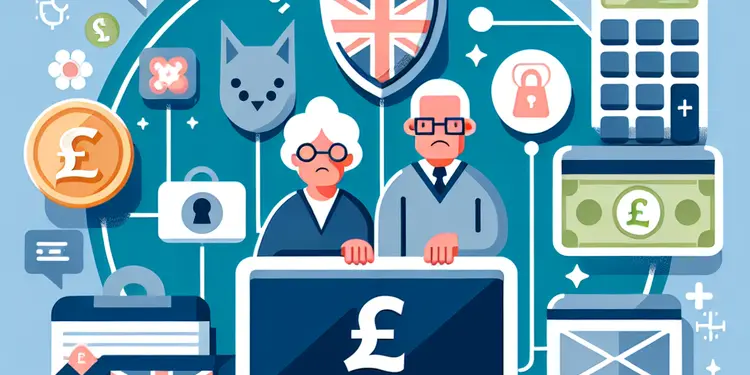
How can the elderly protect themselves from scams?
Relevance: 20%
-
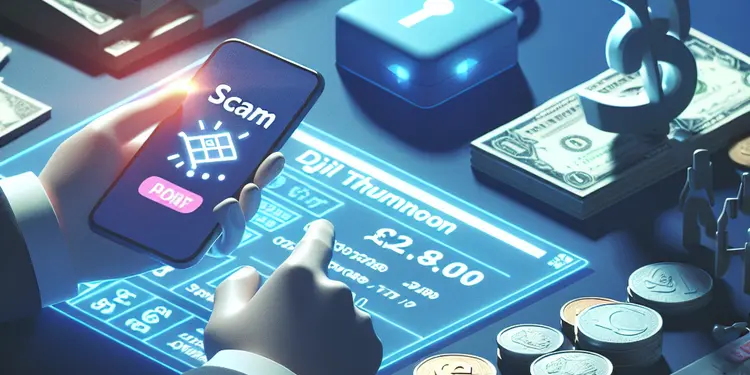
How can I recognize a scam?
Relevance: 19%
-
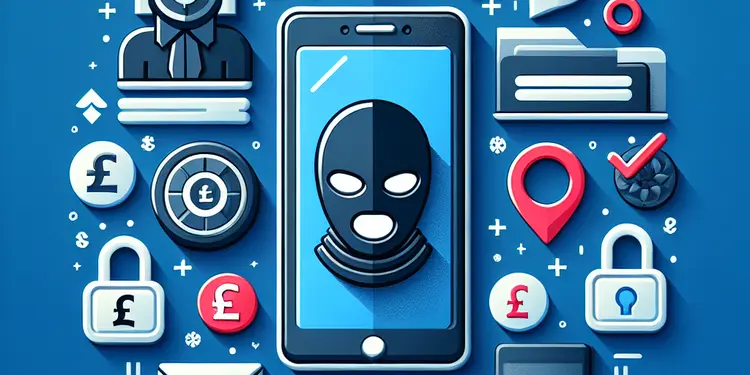
What should I do if I receive a suspicious phone call?
Relevance: 19%
-
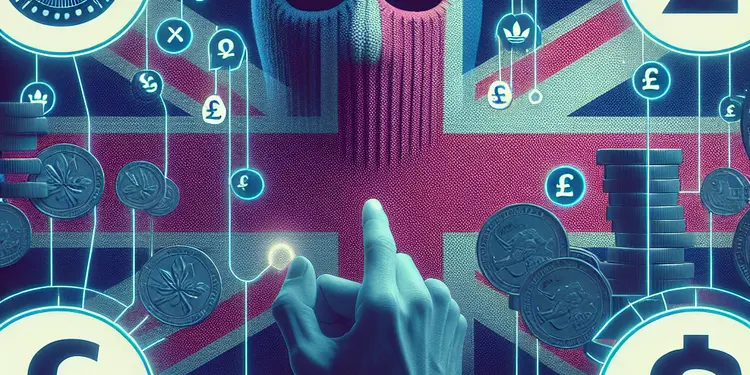
What is fraud?
Relevance: 19%
-

Can the digital license be used as a form of ID for non-driving purposes?
Relevance: 18%
-

How can I deal with phone phishing scams?
Relevance: 18%
-
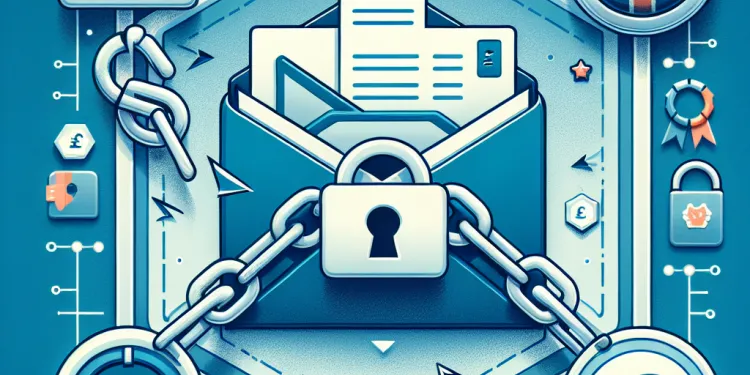
Why are emails often targeted in data breaches?
Relevance: 16%
-

How does a lottery or sweepstakes scam work?
Relevance: 16%
-
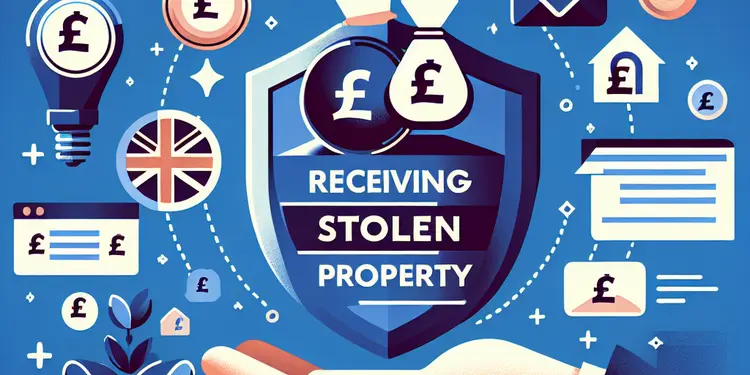
What is receiving stolen property?
Relevance: 16%
-
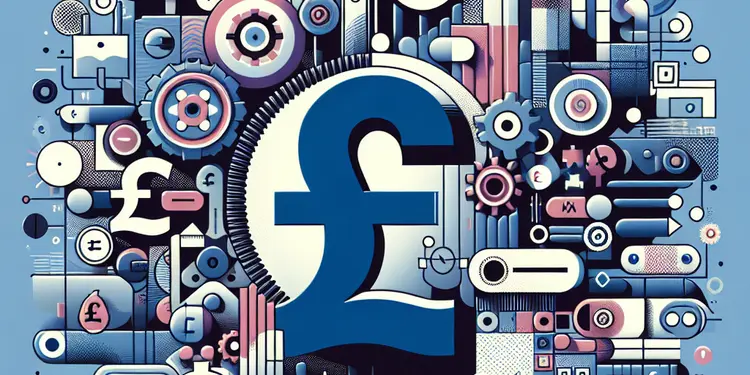
What is embezzlement?
Relevance: 16%
-

What are phishing scams?
Relevance: 16%
-
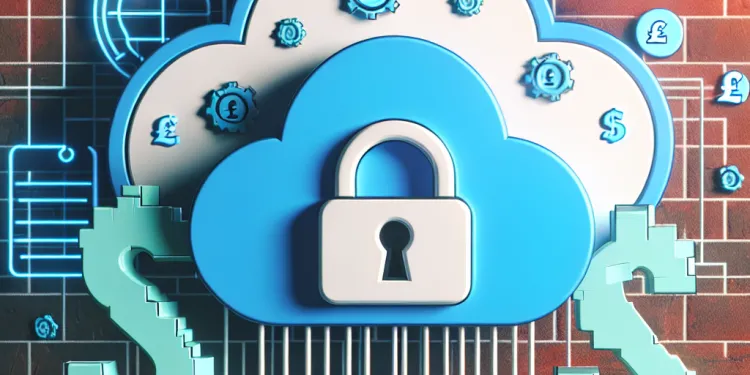
What is a data breach?
Relevance: 15%
-
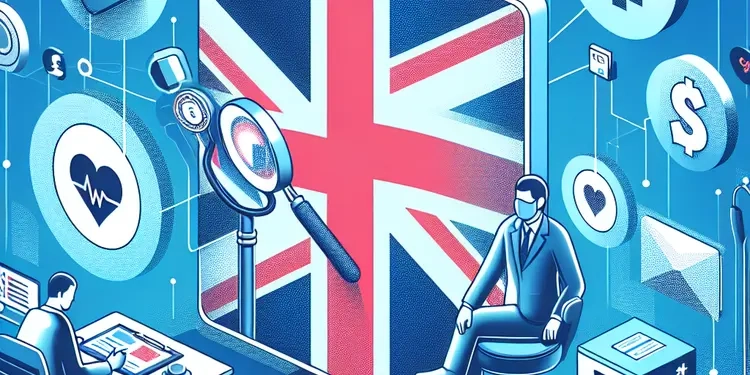
How can I find out if my medical data has been leaked?
Relevance: 15%
-
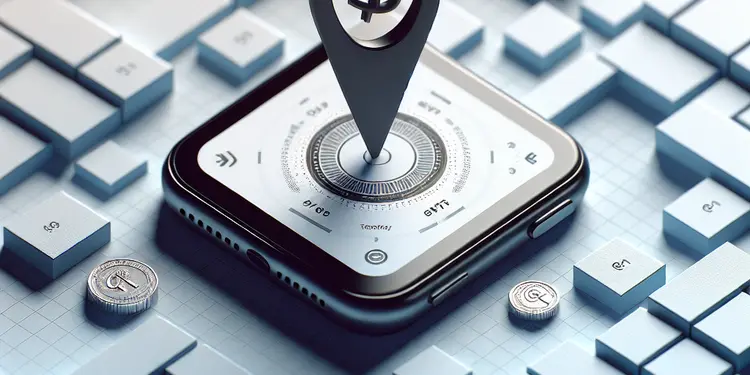
Can I track my phone if it is stolen?
Relevance: 15%
-
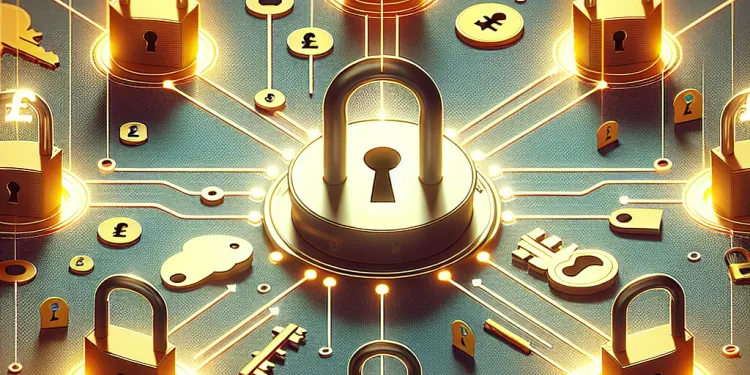
Can using the same password across accounts increase the risk of hacking?
Relevance: 14%
-
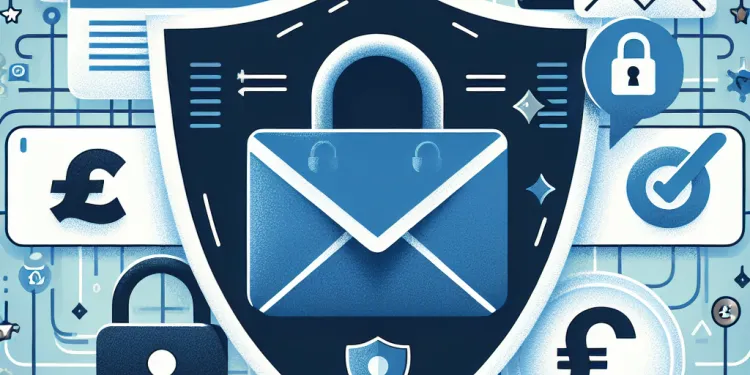
Should I contact my email provider if I suspect hacking?
Relevance: 14%
-
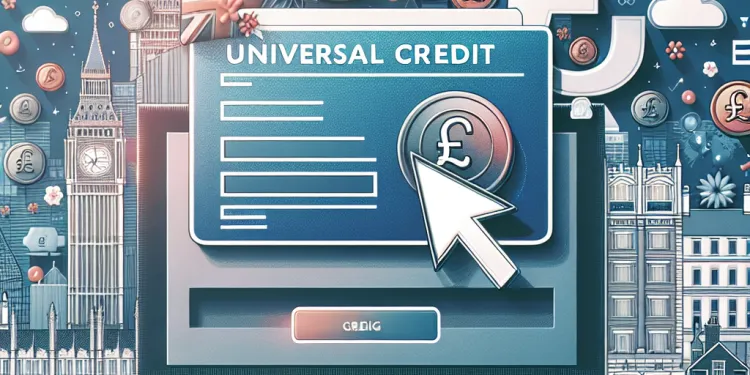
What documents are required to apply for Universal Credit?
Relevance: 14%
-

Scams of 2024/2025 ? (Be Aware)
Relevance: 14%
-
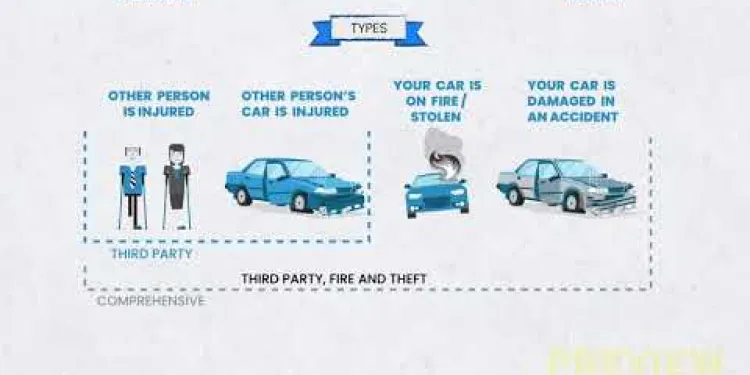
Explaining Car insurance in the UK??
Relevance: 13%
-
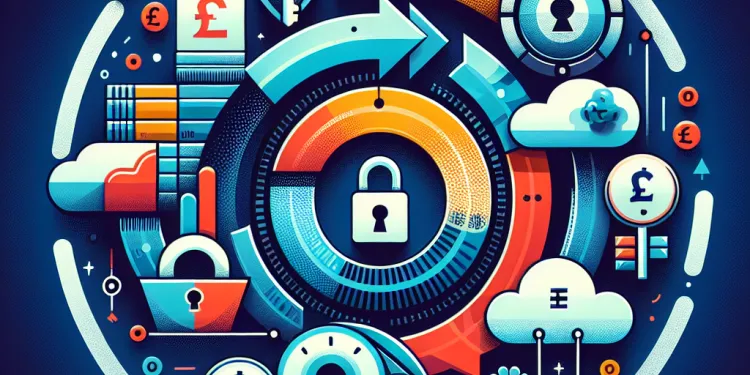
Why is it important to update my account recovery information?
Relevance: 13%
-
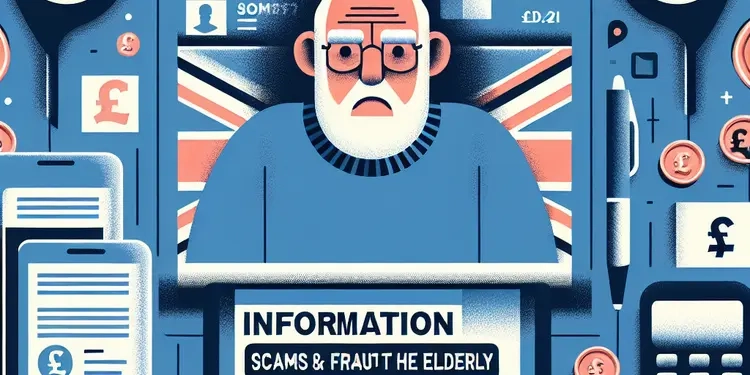
Information on scams and fraud that targets the elderly.
Relevance: 13%
What is Identity Theft?
Identity theft is a crime where someone wrongfully obtains and uses another person's personal data in a way that involves fraud or deception, typically for financial gain. In today's digital world, the risk of identity theft has increased significantly as vast amounts of personal information are stored online.
How Identity Theft Occurs
Identity theft can occur in various ways, as criminals use both traditional and high-tech methods. They might steal your personal information through data breaches, phishing scams, or installing malware on your devices. Physical methods include stealing mail or rummaging through rubbish bins for credit card offers and bank statements. Once they have your details, they can open new lines of credit, commit fraud, or even impersonate you in interactions with law enforcement.
Types of Identity Theft
There are several types of identity theft, each with differing motivations and impacts on victims. Financial identity theft is the most common, involving fraudulent activities related to money or credit roles. Criminal identity theft occurs when someone gives your details to police during an investigation. In the UK, another emerging type is medical identity theft, where a thief uses your identity to receive medical services.
Impact on Victims
Identity theft can have a severe financial impact on its victims, including damaged credit ratings, unexpected debts, and difficulties securing loans. Beyond financial consequences, victims may also experience emotional stress and anxiety. It's often a time-consuming and frustrating ordeal to resolve such issues, involving numerous phone calls and correspondence to clear one’s name.
Preventing Identity Theft
There are several steps you can take to protect yourself against identity theft. Be very cautious about sharing personal information online and ensure your passwords are strong and unique across different platforms. Regularly check your financial statements for any suspicious activity and report it immediately. Utilize two-factor authentication on sensitive accounts and consider investing in identity protection services.
What to Do If You Are a Victim
If you suspect that you are a victim of identity theft, it's crucial to act quickly. Immediately report the incident to your bank or financial institution and check with credit reference agencies like Experian, Equifax, or TransUnion for any anomalies in your credit report. In the UK, you can also report the theft to Action Fraud, the national reporting centre for fraud and cybercrime.
Legal Protections and Assistance
In the UK, various laws aim to protect individuals from identity theft, such as the Data Protection Act and the GDPR. If your data is misused, you have the right to request compensation. Law enforcement agencies, alongside organisations like the Information Commissioner's Office (ICO), are committed to combating identity theft and providing support to victims. Staying informed on the ways identity theft occurs is essential to protecting oneself and mitigating risks.
What is Identity Theft?
Identity theft is when someone takes and uses your personal information without permission. They usually do this to steal money or get something else valuable. Because we use the internet a lot, identity theft can happen more often.
How Identity Theft Occurs
There are many ways identity theft can happen. Bad people can take your information by tricking you online or breaking into websites to steal data. They might also look through your trash or steal your mail for bank and credit card details. Once they have your information, they can pretend to be you to get money or do other bad things.
Types of Identity Theft
There are different kinds of identity theft. The most common type is financial, where someone tries to get money using your name. Another type is criminal identity theft, where someone uses your details when they talk to the police. In the UK, there is also medical identity theft, when someone uses your identity to get medical care.
Impact on Victims
Being a victim of identity theft can hurt you financially. It can damage your credit score and make it hard to get loans. It can also make you feel stressed and worried. Fixing the problem can take a lot of time and effort, like making phone calls and writing letters to sort things out.
Preventing Identity Theft
You can do things to help keep your identity safe. Be very careful with who you share personal information with online. Use strong, different passwords for each account. Check your bank statements often to spot any strange activity, and tell your bank if you see anything wrong. Use two-factor authentication to keep your accounts safe and consider using identity protection services.
What to Do If You Are a Victim
If you think someone has stolen your identity, act fast. Tell your bank straight away and check your credit report for anything unusual. In the UK, you can report it to Action Fraud, which helps with fraud and cybercrime.
Legal Protections and Assistance
In the UK, there are laws to protect you from identity theft, like the Data Protection Act and GDPR. If someone misuses your data, you can ask for compensation. The Information Commissioner's Office (ICO) and police help fight identity theft and support victims. Knowing how identity theft happens can help you protect yourself.
Frequently Asked Questions
What is identity theft?
Identity theft occurs when someone uses your personal information without your permission to commit fraud or other crimes.
How do criminals steal identities?
Criminals can steal identities through methods like data breaches, phishing scams, stealing mail, or using malware.
What information do thieves need to steal an identity?
Information such as social security numbers, bank account details, credit card numbers, and personal identification numbers can be used.
What are signs of identity theft?
Unfamiliar charges on your credit card, calls from debt collectors for debts you don't own, or being denied for credit unexpectedly can be signs.
How can identity theft affect me?
Identity theft can lead to financial loss, damaged credit, and time-consuming efforts to restore your identity and resolve fraudulent charges.
What should I do if I suspect identity theft?
If you suspect identity theft, report it to the Federal Trade Commission, contact your bank, and place a fraud alert on your credit report.
How can I protect myself from identity theft?
To protect yourself, regularly monitor your accounts, use strong passwords, and shred documents with personal information before disposing of them.
What is a data breach?
A data breach is an incident where personal information is accessed or stolen from a database or device without authorization.
What is phishing?
Phishing is a tactic where attackers trick individuals into revealing personal information through fake emails or websites that mimic legitimate ones.
What role does credit monitoring play in identity protection?
Credit monitoring alerts you to changes in your credit report, helping you detect fraudulent activities quickly.
How can a password manager help prevent identity theft?
A password manager securely stores and generates strong, unique passwords, reducing the likelihood of accounts being hacked.
Is identity theft covered by insurance?
Some insurance policies offer identity theft coverage, which may help cover costs associated with recovering your identity and rectifying fraud.
Can you completely prevent identity theft?
While it's impossible to completely prevent it, taking proactive measures can significantly reduce the risk of identity theft.
What is a credit freeze?
A credit freeze restricts access to your credit report, making it harder for identity thieves to open accounts in your name.
How long does it take to resolve identity theft?
The time it takes can vary, but resolving identity theft typically requires a significant amount of time and effort.
What is synthetic identity theft?
Synthetic identity theft occurs when criminals combine real and fake information to create a new identity for fraudulent purposes.
Why is my Social Security Number important in preventing identity theft?
Your Social Security Number is a key identifier that can be used to access financial and personal records, so protecting it is crucial.
What agencies should I contact if I'm a victim of identity theft?
You should contact the Federal Trade Commission, your local police, and the major credit bureaus to report and manage the issue.
How does identity theft impact credit scores?
Fraudulent activity or accounts opened in your name can negatively affect your credit score, potentially making it difficult to obtain credit.
What are identity recovery services?
Identity recovery services assist victims of identity theft in restoring their identity, rectifying fraudulent charges, and preventing future incidents.
What is identity theft?
Identity theft is when someone steals your personal information, like your name or bank details, and pretends to be you. This can cause problems for you.
To protect yourself, you can:
- Keep your personal information safe.
- Use strong passwords online.
- Be careful who you share your information with.
- Check your bank statements for anything strange.
Identity theft is when someone takes your personal information and uses it without asking you. They might use it to do bad things or break the law.
How do bad people steal someone's identity?
Bad people can take your personal information in different ways. They might:
- Break into websites to get data.
- Trick you with fake emails or messages.
- Take letters from your mailbox.
- Use computer viruses to see your info.
Use things like strong passwords, antivirus programs, and think carefully before clicking on any links to help keep your information safe.
What do bad people need to pretend to be you?
Sometimes, bad people try to act like someone else. This is called stealing an identity. They might want to get money or trick others. To do this, they need some things:
- Your full name
- Your address
- Your date of birth
- Your credit card numbers
- Your bank account details
- Your social security number (or National Insurance number)
Be careful and keep this information safe!
If you need help with reading or understanding, ask a friend or adult to explain. You can also use tools like reading apps that speak the words out loud.
People can use important numbers like your social security number, bank account number, credit card number, and personal ID number.
What are signs of identity theft?
Identity theft is when someone else uses your personal details to pretend to be you. Here are some signs that this might be happening:
- Unexpected bills: You get bills for things you didn't buy.
- Strange charges: There are charges on your bank statement that you don't recognize.
- Credit troubles: You find it hard to get credit or loans because of problems on your credit report.
- Missing mail: Your mail, like bank statements, goes missing.
To help you, you can:
- Use a password manager to keep your passwords safe and unique.
- Check your bank statements regularly for unknown charges.
- Get a free credit report once a year to check for any issues.
- Be careful about sharing personal information online or over the phone.
If you see charges on your card that you don't remember making, people calling you about money you don't owe, or if you can't get credit when you thought you could, these might be signs of trouble.
What happens if someone steals my identity?
If someone steals your identity, they pretend to be you. This can cause problems. They might take your money or buy things in your name. This could make it hard for you to get a loan from a bank. It might also take a long time to fix these problems.
To stay safe, you can:
- Use strong passwords on your accounts.
- Keep your personal information private.
- Check your bank and credit card statements regularly.
If you need help, ask a trusted person or find a helper online.
When someone steals your identity, it can cause money problems, hurt your credit score, and take a lot of time to fix.
What to Do If Someone Uses Your Information
If you think someone is pretending to be you, tell an adult you trust. They can help you.
You can also call a special number for help. They will know what to do.
Use a notebook to write down what happens. This will help you remember.
Keep your information safe. Ask someone to show you how.
If you think someone is pretending to be you, here is what you can do:
1. Tell the Federal Trade Commission. They can help you.
2. Call your bank. They need to know.
3. Put a fraud alert on your credit report. This helps protect you.
How can I stop people from stealing my identity?
Your identity is your personal details. This means things like your name, address, and bank details. Identity theft is when someone uses these details to pretend to be you.
Here are some easy ways to protect your identity:
- Keep your details private. Do not share them with strangers.
- Make strong passwords. Use letters, numbers, and symbols.
- Shred important papers before you throw them away.
- Check your bank statements to make sure everything is right.
If you need help, you can ask a friend or an adult you trust.
To stay safe, check your bank and other accounts often. Use strong passwords that are hard to guess. Tear up papers with your personal details before you throw them away.
What is a data breach?
A data breach is when secret information is not safe anymore. It can happen when someone gets into a computer without asking.
Here is how you can stay safe:
- Use strong passwords.
- Change your passwords often.
- Be careful when sharing personal details online.
Using a password manager can help keep your information safe.
A data breach happens when someone takes personal information from a computer or database without asking.
What is phishing?
Phishing is when someone tries to trick you into giving them your personal information, like passwords or bank details. Be careful with emails or messages from people you don't know. They might pretend to be someone you trust.
You can use tools like spam filters to help keep phishing emails out of your inbox. Always ask an adult if you're unsure about something online.
Phishing is when bad people try to steal your information. They send fake emails or make fake websites that look real to trick you.
How does watching your credit help keep your identity safe?
Watching your credit is a way to keep your personal information safe. It means checking to see if anyone is using your name without asking.
Here are some ways watching your credit can help:
- Alerts: If someone tries to open a new account in your name, you get a message.
- Checking for mistakes: You can find and fix any wrong information quickly.
- Keep an eye on changes: You see if your credit score goes up or down.
For more help, you can use tools to watch your credit for you. Also, ask someone you trust to help you understand the information.
Credit monitoring helps you keep track of your credit report. It tells you when something changes. This way, you can find out if someone is trying to use your credit without asking you first.
How does a password manager help keep your identity safe?
A password manager keeps track of your passwords.
Here is what it can do:
- Remembers your passwords for you.
- Makes strong passwords that are hard to guess.
- Keeps your passwords safe and locked up.
By doing this, a password manager helps stop bad people from pretending to be you.
Here are some tips to use a password manager:
- Use it to make and save all your passwords.
- Make sure your master password is strong and easy for you to remember.
- Check that the manager has a lock symbol (it means it is secure).
This makes sure your online identity stays safe and protected.
A password manager is a tool that keeps all your passwords safe. It can also make strong passwords for you. This helps stop bad people from breaking into your accounts.
Does insurance pay if someone steals your identity?
Some insurance plans can help if someone steals your identity. They can help you pay for fixing any problems and getting your identity back.
Can You Stop Identity Theft from Happening?
No, you cannot stop identity theft completely. But you can make it harder for thieves.
Here are some tips to help:
- Keep your personal information safe. Do not share it with anyone you do not trust.
- Use strong passwords. Try to use letters, numbers, and symbols.
- Watch your bank and credit card statements. Look for charges you did not make.
- Install antivirus software on your computer.
- Be careful when using public Wi-Fi. It’s easy for others to see what you do online.
If you think someone has stolen your identity, ask for help. You can talk to a trusted adult or contact the police.
We can't stop identity theft completely, but we can do things to make it much less likely to happen.
What is a credit freeze?
A credit freeze is a way to stop people from seeing your credit report. It keeps your information safe. If you freeze your credit, no one can open new accounts in your name. Here's how to make it simpler: - **Credit Report**: This is like a school report card, but for your money. It shows if you pay your bills on time. - **Freeze**: This means stop. A credit freeze stops others from opening credit cards or loans using your name. It's important to keep your information safe. **Helpful Tip**: Use a calendar or a reminder app to help you track important dates and passwords related to your credit freeze.A credit freeze stops people from looking at your credit report. This makes it tougher for thieves to open new accounts using your name.
How long does it take to fix identity theft?
Identity theft is when someone steals your personal information to pretend to be you. Fixing it can take a long time, sometimes weeks or even months. Here are some tips to help:
- Tell your bank and credit card company. They can help protect your money.
- Contact the police to report the theft.
- Check your bank and credit card statements for any strange charges.
- Use identity theft protection services if you need extra help.
Remember, getting help from a trusted adult can make the process easier.
Fixing identity theft can take a long time and a lot of work.
What is synthetic identity theft?
Synthetic identity theft is when a thief makes a fake identity using real and fake information. They might use a real person's social security number with a made-up name. This way, they make a new, fake person.
Here are some tips to stay safe:
- Check your bank statements often to spot anything strange.
- Look at your credit report to make sure everything is correct.
- Use strong and different passwords for your online accounts.
- Be careful about giving out your social security number.
If you find something wrong, tell someone you trust or get help from a bank worker or the police.
Synthetic identity theft happens when bad people mix real and fake details to make a new pretend identity. They do this to trick people and steal money or things.
Why is my Social Security Number important for stopping identity theft?
Your Social Security Number is like a special code just for you. It's very important because:
- It helps people know who you are.
- It can keep your money and information safe.
- Thieves can't pretend to be you if they don't have your number.
Here’s how you can keep your Social Security Number safe:
- Only share it with people you trust.
- Keep it in a safe place, not in your wallet.
If you need help, you can ask a trusted friend or a family member.
Your Social Security Number is very important. It helps people know who you are. People can use it to look at your money and personal information. Keep it safe and private.
Who should I tell if someone steals my identity?
Tell someone if you think there is a problem. You can call the Federal Trade Commission, your local police, and the big credit companies for help.
What happens to your credit score if someone steals your identity?
Identity theft is when someone uses your personal information, like your name or bank details, without asking.
This can hurt your credit score. A credit score is a number that shows if you are good with money.
If someone steals your identity, they might spend your money or take loans in your name. This can make your credit score go down.
To help protect your credit score, you can use tools like credit monitoring services. These tools keep an eye on your credit score and can tell you if something strange happens.
If you think someone has stolen your identity, it's important to tell a trusted adult and get help right away.
If someone tricks you and opens accounts using your name, it can hurt your credit score. This can make it harder for you to get credit or loans.
What are identity recovery services?
Identity recovery services help people fix problems if someone steals their personal information. These services make sure no one uses your name, money, or personal details without asking.
Some tools that can help are:
- Getting alerts when someone tries to use your information.
- Talking to experts who tell you what to do next.
If you need help, ask a grown-up or a friend you trust.
Identity recovery help is for people who have had their identity stolen. It helps them fix the problem, sort out any fake charges, and stop it from happening again.
Useful Links
Have you found an error, or do you have a link or some information you would like to share? Please let us know using the form below.
-->
This website offers general information and is not a substitute for professional advice.
Always seek guidance from qualified professionals.
If you have any medical concerns or need urgent help, contact a healthcare professional or emergency services immediately.
Some of this content was generated with AI assistance. We’ve done our best to keep it accurate, helpful, and human-friendly.
- Ergsy carfully checks the information in the videos we provide here.
- Videos shown by Youtube after a video has completed, have NOT been reviewed by ERGSY.
- To view, click the arrow in centre of video.
- Most of the videos you find here will have subtitles and/or closed captions available.
- You may need to turn these on, and choose your preferred language.
- Go to the video you'd like to watch.
- If closed captions (CC) are available, settings will be visible on the bottom right of the video player.
- To turn on Captions, click settings .
- To turn off Captions, click settings again.
More Items From Ergsy search
-

What is identity theft?
Relevance: 100%
-

What is identity theft and how does it affect the elderly?
Relevance: 83%
-

Is there a risk of identity theft with fake weight loss drug purchases?
Relevance: 79%
-

What is theft?
Relevance: 57%
-

How do I verify my identity when filing online?
Relevance: 47%
-

What is credit monitoring?
Relevance: 35%
-

Why is it important to secure my mobile phone?
Relevance: 30%
-

What are offences of dishonesty?
Relevance: 29%
-

What is the risk of my contacts being compromised if my email is hacked?
Relevance: 28%
-

What should I do if I find my information in a data breach?
Relevance: 27%
-

What is credit card fraud?
Relevance: 24%
-

How do I know if my personal information was part of a data breach?
Relevance: 23%
-

How can I educate myself about potential online threats?
Relevance: 22%
-

What are offences of dishonesty?
Relevance: 22%
-

What are the risks of ignoring a hacked account?
Relevance: 21%
-

What happens if my Ring Doorbell Camera is stolen?
Relevance: 21%
-

Is it possible for hackers to use my social media posts to cause harm?
Relevance: 21%
-

How can phishing attacks lead to social media hacks?
Relevance: 20%
-

What type of information can be exposed in a data breach?
Relevance: 20%
-

How can the elderly protect themselves from scams?
Relevance: 20%
-

How can I recognize a scam?
Relevance: 19%
-

What should I do if I receive a suspicious phone call?
Relevance: 19%
-

What is fraud?
Relevance: 19%
-

Can the digital license be used as a form of ID for non-driving purposes?
Relevance: 18%
-

How can I deal with phone phishing scams?
Relevance: 18%
-

Why are emails often targeted in data breaches?
Relevance: 16%
-

How does a lottery or sweepstakes scam work?
Relevance: 16%
-

What is receiving stolen property?
Relevance: 16%
-

What is embezzlement?
Relevance: 16%
-

What are phishing scams?
Relevance: 16%
-

What is a data breach?
Relevance: 15%
-

How can I find out if my medical data has been leaked?
Relevance: 15%
-

Can I track my phone if it is stolen?
Relevance: 15%
-

Can using the same password across accounts increase the risk of hacking?
Relevance: 14%
-

Should I contact my email provider if I suspect hacking?
Relevance: 14%
-

What documents are required to apply for Universal Credit?
Relevance: 14%
-

Scams of 2024/2025 ? (Be Aware)
Relevance: 14%
-

Explaining Car insurance in the UK??
Relevance: 13%
-

Why is it important to update my account recovery information?
Relevance: 13%
-

Information on scams and fraud that targets the elderly.
Relevance: 13%


